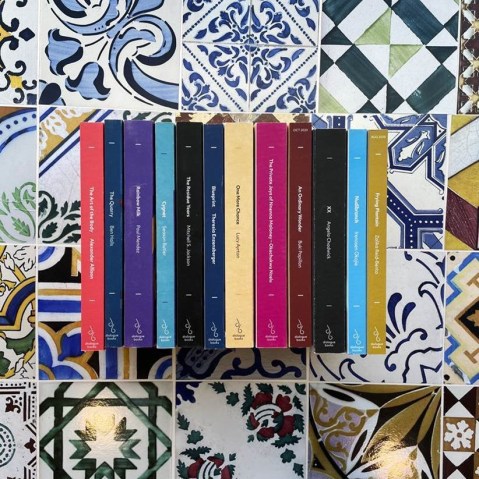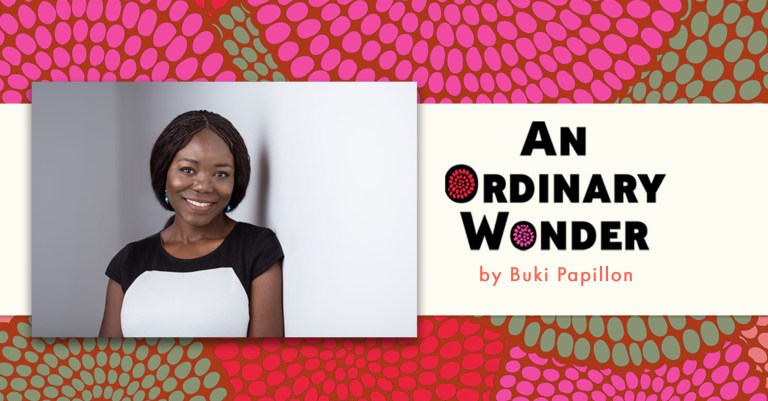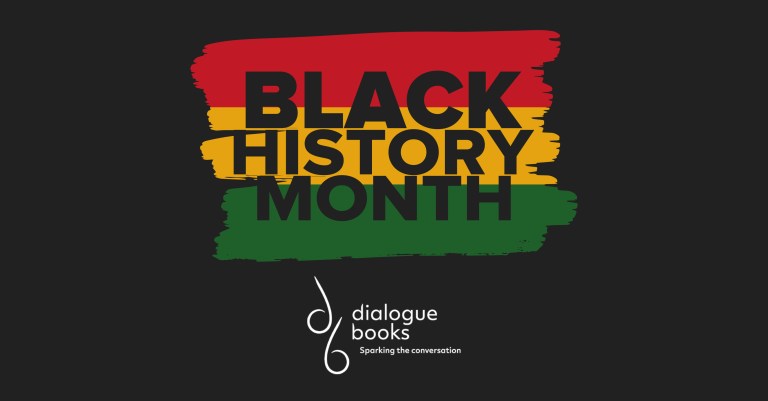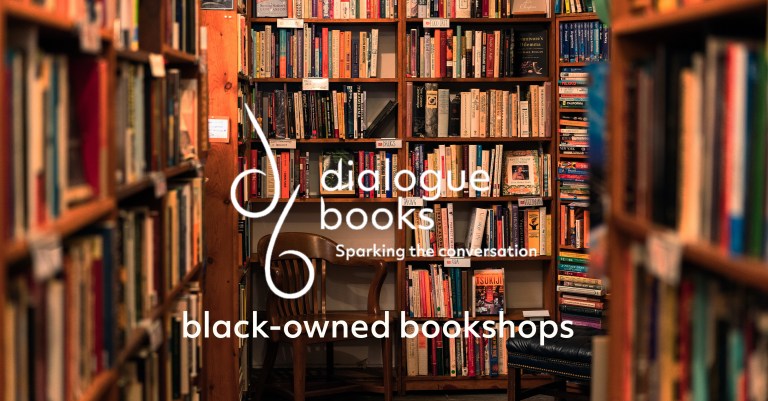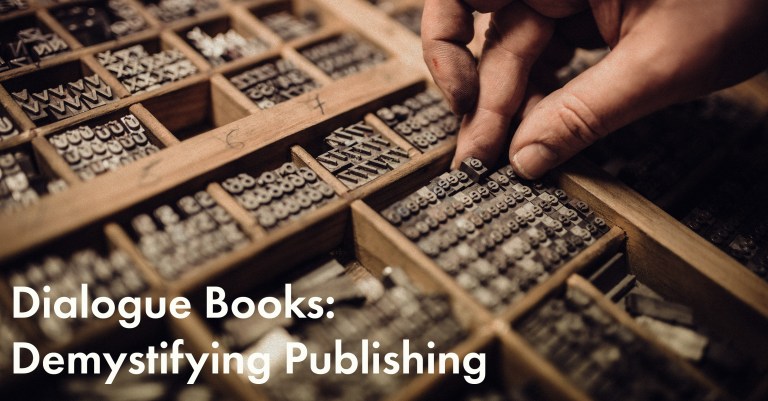Dialogue Books: The Women Who Inspire Us

This International Women’s Day the theme is #ChooseToChallenge, so we invited some Dialogue authors to share stories of women who challenge conventions and inspire them.
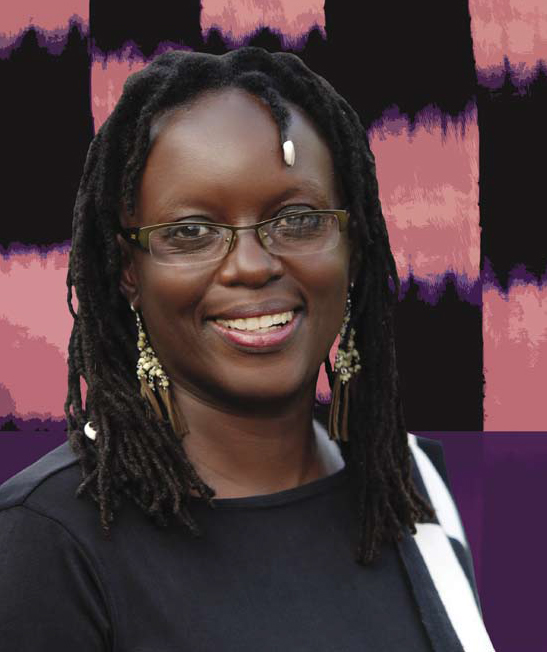
NANA DARKOA SEKYIAMAH
Professor Sylvia Tamale of Uganda has broken many boundaries. She is the first woman Dean of Law at Makerere University in Uganda. She has done groundbreaking research and writing around sex and sexuality, and edited the African Sexuality Reader. She is an African Feminist whose commitment to feminist and queer struggles remains a constant inspiration to me. Her work makes the world a better place for me, and so many African feminists around the world.
Photo Credit: African Feminist Forum
KIT FAN
Ann Hui, who received the Honorary Golden Lion for Lifetime Achievement at last year’s Venice International Film Festival, is one of the most daring female artists in Asia who has broken narrative boundaries and challenged cinematic conventions.
Her films confront controversial social issues in Hong Kong, capturing the fragility, strength, and dignity of female characters in the vast historical tapestry of modern China, from her early works such as Boat People (1982) about Vietnamese refugees to Love in a Fallen City (1984) about the life of a divorcee during the Japanese invasion.
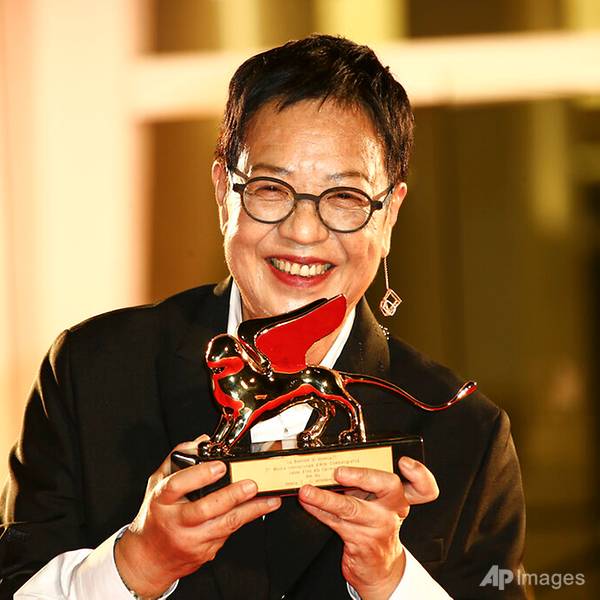
She has put the protean voices of women on the centre stage, in unlikely comedy such as Summer Snow (1995) about a housewife in her forties supporting her father-in-law suffering from Alzheimer’s disease, or in a poignant political drama Ordinary Heroes (1999), based on real-life stories about a young woman recovering from amnesia and recalling the social protests against the British colonial government in 1970s-80s through to the tragedy at Tiananmen Square.
In every frame, character, and plot, Hui portrays the human scale and their conflicting environment as moving and modest as Yasujirō Ozu. Her films explore social taboos often entrenched in Asia, such as same-sex lovers starting families in All About Love (2010), or the complex relationship an elderly female servant and the boy she brought up in A Simple Life (2011), a heartbreaking story about aging, dependence, and care.
In 1997, the year of the Handover, I turned eighteen, and after devouring Hui’s films, I aspired to be a film director and went on a short course taught by her. In the class, I remembered her humility spiced with humour, her pragmaticism that helped her sail in the male-dominant industry, and her artistic pulse intimately linked to the love of Hong Kong and the people. There was no film-school in the city, and I failed to get into journalism, so I held my dream at arm’s length and decided to study literature at the University, what Hui had done. Looking back, my debut novel Diamond Hill was undoubtedly influenced by Hui’s films.
Hui once said, ‘my identity as a woman does not mean feminism, but a way of thinking and a perspective of looking at the world.’ Fearless inventive, Hui’s genre-bending works cover literary adaptations (most notably Eileen Chang’s novels), martial arts blockbusters, historical epics, pseudo-documentaries, romantic comedies, and classic Asian thrillers. Her recent films continue to be dazzling artistic firework displays: The Golden Era (2014), a biographical drama about Xiao Hong, the legendary female writer in the Republic of China, and Love After Love (2020), about a female immigrant from Shanghai entering the corrupted life of colonial Hong Kong, which was screened at the Venice Film Festival with critical acclaim.
BUKI PAPILLON
I discovered Octavia Butler’s books at a time when, living in the USA, I’d unconsciously begun to internalize the prevailing view that Black people did not get to write within certain genres or publish certain types of stories, especially while centering a Black woman protagonist. Reading the ‘Xenogenesis’ trilogy blew my mind and evicted that ludicrous idea. I promptly inhaled everything she had to say about life and writing, and related so hard to it all – how, growing up, she’d constantly wanted to disappear into some fantastic other-place, how she “hid out in a big pink notebook” and made herself a universe in it – that it felt like consulting some powerful grimoire on how to be.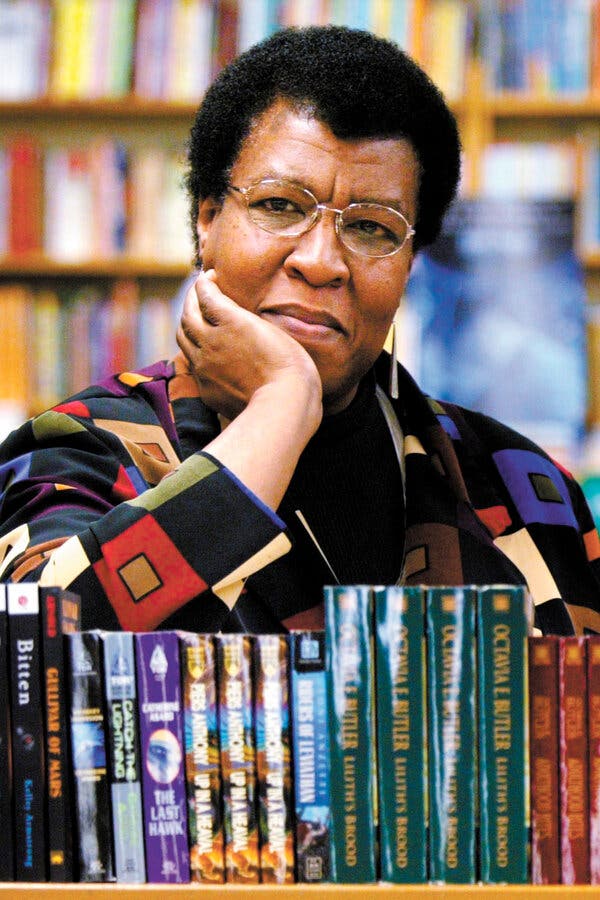
Her portrayal of Black women has been a beacon for me. She surveyed the landscape, noted what was missing, and proceeded to create it. I read the missives she wrote to herself; motivational notes, words of wisdom, goals she intended to achieve – including her intention to pay forward any success by creating opportunities for other Black writers. I absorbed her manner of encouraging the writer within, and frequently leave heartening notes and messages all over my walls, stuck to my laptop, in reminders on my phone. ‘Future Me’ is always grateful to find them, especially when I’m struggling.
Octavia Butler set out intentionally to shape the imagination of her readers, to change their perceptions. Her treatment of power and gender and hierarchy provoked deep thought and sparked an awakening in me to attempt the same with my words. She wrote from the perspective of a specific history and culture and background but resisted limitations of any kind. Her oeuvre reconfigured the world’s viewpoint on whatever topic she chose to address. She once said, “I was attracted to science fiction because it was so wide open. I was able to do anything and there were no walls to hem you in and there was no human condition that you were stopped from examining.”
In particular, I took to heart her advice to “tell stories filled with facts.” Many of her works center courage and the will to survive and even excel under harsh circumstances. My book, An Ordinary Wonder is a challenging but heartwarming literary coming-of-age fiction about siblings and family and love, about the ways our beliefs are shaped by culture and myth and tradition, and about the courage it takes to be yourself. It centers a Yoruba person experiencing prejudices and misperceptions around her gender identity and the natural variations in anatomy that sometimes arise from being intersex, while aiming to achieve her own hopes and dreams. It invites you to immerse yourself in the art, songs, poetry, and – my favorite – the proverbs, of Nigerian and African cultures. I hope this inspires you to buy An Ordinary Wonder and I hope you enjoy!
PAUL MENDEZ
This might sound obvious, but I wouldn’t be where I am today without certain people in my life, and it’s important to celebrate them as women, because I was raised in an environment that devalued women, who in turn sometimes devalued themselves. I was not taught any woman’s writing at school or in the Bible, but my journey as a writer began when I read The Secret History by Donna Tartt when I was 20; Zadie Smith, Toni Morrison, Andrea Levy and Diana Evans were among my influences as I began writing fiction fifteen years later.
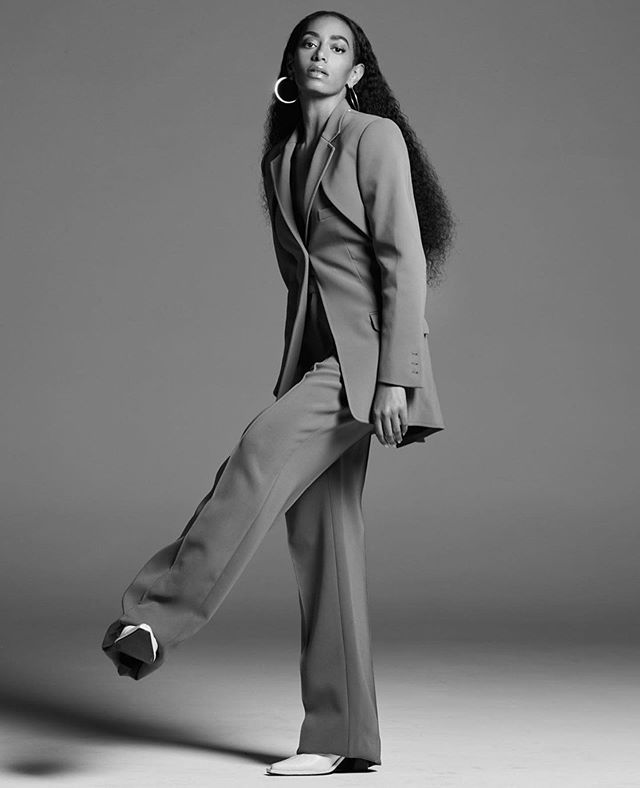
Anyone who knows me knows that Beyoncé has been my northern star for my whole adult life; we are the same age and I feel as if I’ve grown up with her (shoutout to Kelly and Michelle!) Solange’s most recent album, When I Get Home, was released on the same weekend I handed in Rainbow Milk – to my dear friend and publisher, Sharmaine Lovegrove –via email on my first trip to New York, and in examining nostalgia for her home city, perfectly matched the sense of “looking back” I’d tried to capture.
Bernardine Evaristo, Sally Rooney and Penelope Fitzgerald, with their bone-clean sentences and decisive statements, helped me to see where I might strip back where I’d overwritten, and without Bernardine’s support and backing, my novel might not have found all the readers it has.
Women are my literary and screenwriting agents, my publicists, my publishers, my copy editors, my translators, my production colleagues. Over the last year we’ve seen them do what they were always doing before we saw their Zoom backgrounds – raising children, teaching full-time, writing prize-winning novels, using their voices to create the change they want to see.
Before all this, without my late grandmother, who stepped in when things were difficult with my immediate family, I might have drifted away. So, it’s important that I acknowledge, honour and celebrate the women in my life whom I love and have, from near or far, loved me; from friends, to family, to superstars – Naomi, Missy, Mary, Mariah, Lauryn, Brandy, Monica… I could go on and on.
Check out recent & upcoming publications from authors featured here . . .
The Sex Lives of African Women
by Nana Darkoa Sekyiamah
A DOROTHY KOOMSON BOOK OF THE YEAR
AN ECONOMIST BOOK OF THE YEAR
'Such a beautiful read, like chatting to a friend over a cuppa. This is the intimate, insightful read that I didn't know I needed. Just brilliant.' Dorothy Koomson
Nana Darkoa Sekyiamah spent decades talking openly and intimately to African women around the world about sex. In this book, she brings together their extraordinary stories, whilst also chronicling her own journey towards sexual freedom.
From finding queer community in Egypt to living a polyamorous life in Senegal to understanding the intersectionality of religion and pleasure in Cameroon, their necessary narratives are individual and illuminating. This stunning collection provides crucial insight into our quest for sexual power and offers all women inspirational examples to live a truly liberated life.
'Touching, joyful, defiant – and honest.' Economist, Books of the Year 2021
'Fascinating.' Bernadine Evaristo
'Honest and moving. A vital treasure.' Bolu Babalola, author of Love in Colour
'Stunning. Essential read! I couldn't put it down.' Nicole Dennis-Benn, bestselling author of Patsy and Here Comes the Sun
'Leaves you feeling deliciously empowered.' Lola Shoneyin, author of The Secret Lives of Baba Segi's Wives
'Boundary-breaking, fascinating and deeply affirming.' Otegha Uwagba, author of Little Black Book
'A rapid-fire debut with a cinematographer's eye for detail... Fan strikes a deft balance between agile set-pieces and lingering beauty.' Naoise Dolan
'A vivid, powerful portrait of a vanishing world.' David Nicholls
'Do you know what it was like here? You wouldn't believe the glamour. We had our own film studio, redbrick houses for the stars, even Jackie Chan. Now look at us - the Hollywood of the Orient will soon be gone altogether.'
1987, Hong Kong. Trying to outrun his demons, a young man who calls himself Buddha returns to the bustling place of his birth. He moves into a small Buddhist nunnery in the crumbling neighbourhood of Diamond Hill, where planes landing at the nearby airport fly so close overhead that travellers can see into the rooms of those below.
As Buddha begins to care for the nuns and their neighbours, this pocket of the old city is vanishing. Even the fiery Iron Nun cannot prevent the frequent landslides that threaten the nunnery she fights for, and in the nearby shanty town, a faded film actress who calls herself Audrey Hepburn is hiding a deep secret and trying to survive with her teenage daughter who has a bigger fish to fry.
But no one arrives in Diamond Hill by accident, and Buddha's ties to this place run deeper than he is willing to admit. Can he make peace with his past and survive in this disappearing city?
Beautifully written and utterly compelling, Diamond Hill is a gorgeous love letter that perfectly captures a lost place, filled with unforgettable characters. If you love books by Hanya Yanagihara, Colm Tóibín and Ocean Vuong, you'll adore this haunting and evocative novel.
What people are saying about Diamond Hill:
'The best debut I've read in ages... A glorious luminosity to the writing and the reading experience is rather like looking into a kaleidoscope and giving it several twirls.' Cathy Rentzenbrink
'A gripping and highly accomplished debut... A thoroughly enjoyable and profound exploration of powerlessness, identity and the evolution of a city.' Guardian
'Fan is an exuberant chronicler of a lost time and place... It's a timely consideration of Hong Kong's recent past.' The Times
'An exhilarating and original tale, Diamond Hill marks award-winning Fan as a writer to watch.' Cosmopolitan
'Fan creates a textured, unsettled portrait of a territory facing a decisive ending... The dark drama that unfolds is an elegy to that vanished vanishing world.' The Wall Street Journal
'Gleams with pleasurable insights... Memorable moments are sketched by a poet's hand.' South China Morning Post
⭐⭐⭐⭐⭐ 'OMG!!! This has to be my best book of the year!... Made me laugh and it made me cry!... So heartbreaking but inspiring at the same time. Loved it!' Goodreads Reviewer
A powerful novel about an intersex Nigerian teenager and the courage to be yourself.
Raised as a boy in a grand but unhappy family in Nigeria, Otolorin Akinro escapes to boarding school knowing two things: she is truly a girl, and to stay safe, she must hide that truth.
Away from the cruelty of her childhood home, Oto blooms even as she strives to be the best boy she can, finding true friendship and working hard to earn a scholarship to an American university, hoping someone out there might help her understand the secrets her body holds.
But she cannot stay away forever. Back home for the holidays, though Oto and her beloved twin sister are overjoyed to see each other, their mother's violence erupts once more and when a terrible incident rips their lives apart, Oto is left alone.
As her world goes up in flames, can Otolorin rebuild a life from the ashes of her true self?
An Ordinary Wonder is an utterly gripping, heartbreaking and uplifting coming-of-age story about family, identity, gender and culture and discovering your whole, true self. If you loved The Vanishing Half, The Girl with the Louding Voice or The Death of Vivek Oji, you'll adore this moving book.
What readers are saying about An Ordinary Wonder:
⭐⭐⭐⭐⭐ 'WOW!!!! I absolutely LOVED this book... A powerful, engrossing, sad, but also joyous book. I could not stop listening and reading once I started it.' Goodreads Reviewer
⭐⭐⭐⭐⭐ 'This story was so sad!!!... Just broke my heart.' Goodreads Reviewer
⭐⭐⭐⭐⭐ 'One of the best, most beautiful and most incredible books I've ever read in my entire life.' Goodreads Reviewer
⭐⭐⭐⭐⭐ 'I thought I was going to make it all the way through to end of this book without crying. Turns out, I was very wrong... After the tears, you're cheering with the characters all the way to the end.' Goodreads Reviewer
⭐⭐⭐⭐⭐ 'Wow! This book is so totally awesome!... An amazing story.' Goodreads Reviewer
⭐⭐⭐⭐⭐ 'Moved me to tears but also filled me with hope. An emotional, heartbreaking read, with a plot that kept me gripped and stunning writing. I'm still thinking about this book months after reading it.' Goodreads Reviewer
⭐⭐⭐⭐⭐ 'Brilliant... The tension builds up and honestly the author squeezed every emotion out of me!' Reader review
AN OBSERVER TOP TEN DEBUT 2020, SHORTLISTED FOR THE GORDON BURN PRIZE, JHALAK PRIZE, POLARI PRIZE, AND THE FICTION DEBUT CATEGORY OF THE BRITISH BOOK AWARDS
Rainbow Milk is an intersectional coming-of-age story, following nineteen-year-old Jesse McCarthy as he grapples with his racial and sexual identities against the backdrop of a Jehovah's Witness upbringing and the legacies of the Windrush generation.
In the Black Country in the 1950s, ex-boxer Norman Alonso is a determined and humble Jamaican who has moved to Britain with his wife to secure a brighter future for themselves and their children. Blighted with unexpected illness and racism, Norman and his family are resilient in the face of such hostilities, but are all too aware that they will need more than just hope to survive.
At the turn of the millennium, Jesse seeks a fresh start in London - escaping from a broken immediate family, a repressive religious community and the desolate, disempowered Black Country - but finds himself at a loss for a new centre of gravity, and turns to sex work to create new notions of love, fatherhood and spirituality.
Rainbow Milk is a bold exploration of race, class, sexuality, freedom and religion across generations, time and cultures. Mendez is a fervent new writer with an original and urgent voice.
'Sensuous and thrillingly well written', Observer
'When did you last read a novel about a young, black, gay, Jehovah Witness man from Wolverhampton who flees his community to make his way in London as a prostitute? This might be a debut, but Mendez is an exciting, accomplished and daring storyteller with a great ear for dialogue. Graphic Erotica Alert! Don't read this book if you like your fiction cosy and middle-of-the-road' Bernardine Evaristo, winner of the 2019 Booker Prize for Girl, Woman, Other
'The kind of novel you never knew you were waiting for. An explosive work that reels from sex, to sin, to salvation all the while grappling with what it means to black, gay, British, a son, a father, a lover, even a man. A remarkable debut' Marlon James, Booker Prize winning author of Black Leopard, Red Wolf
'This debut cements Mendez as a stunning new voice in fiction' Cosmopolitan






